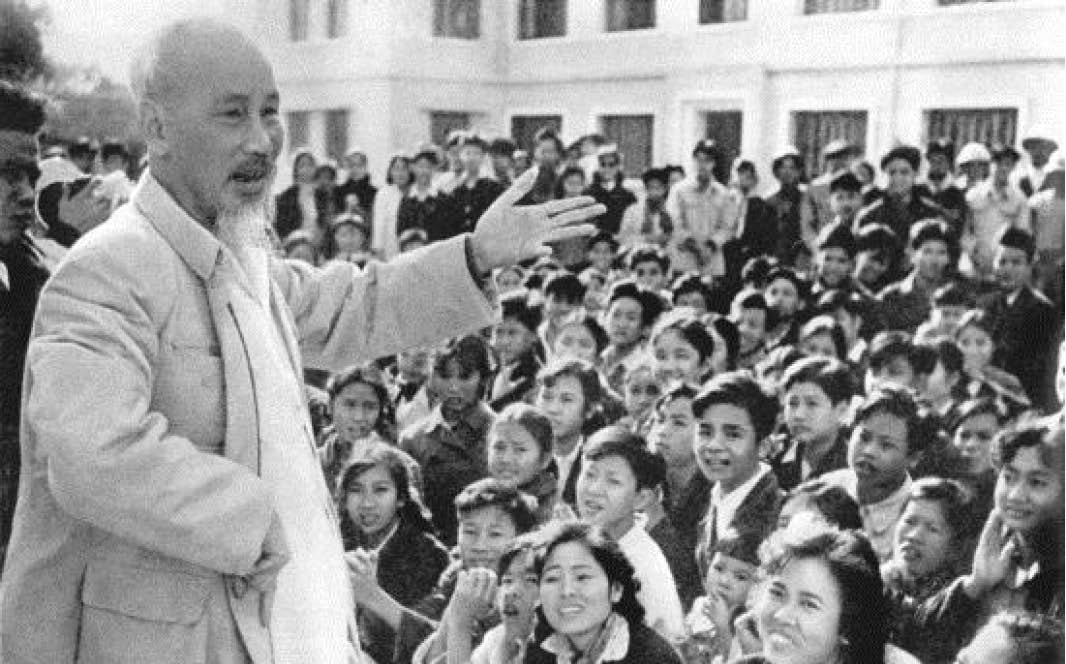 |
| President Ho always considered national solidarity as the guiding principle for all actions. Photo: Document |
The idea of national solidarity is not only affirmed today. It is a value that runs through the history of the Vietnamese revolution, from the time of founding the country to the cause of defending and developing the country. However, the special point in the current context is that this spirit is not only aroused by tradition, but is being applied as a method of social reorganization - a real management capacity, not simply sentiment or slogan.
Changing the government structure, merging administrative units, implementing a two-tier local government model, reorganizing development space... not only requires political vision but also leadership, synchronous operational capacity, and above all, the ability to build deep consensus throughout society. Because any reform, no matter how in the right direction, if lacking solidarity, will only be a formal movement and easily lead to a breakdown of trust.
General Secretary To Lam 's article not only highlighted the historical value of solidarity, but also pushed that concept into a strategic requirement in the current period of institutional reconstruction. That is when streamlining the apparatus is no longer an internal matter of state administration, but a test of people's trust. When arranging administrative units, it is not simply a matter of "separating and merging", but of reorganizing social life, changing political power at the grassroots level and redistributing development resources. To do that, there must be ideological unity from the Central to the local level, from leaders to the grassroots, from cadres to the people. And solidarity in the new era, as the General Secretary analyzed, cannot be "straining" to endure, cannot be "faithful in spite of one's heart", but must be a voluntary consensus, based on understanding, trust and working towards a common interest. Therefore, each cadre and party member today not only needs to maintain solidarity as a quality, but also must consider it a political skill and a requirement of public service behavior.
From reorganizing the team, mobilizing personnel, to allocating budget, choosing a location for headquarters..., all are problems of reorganizing society, and without coordination, listening and sharing, not only will there be disunity but it will also be difficult to avoid turmoil and instability.
Another important message from the article is: Solidarity cannot be based on a spiritual appeal alone, but must be ensured by a fair, transparent and effective enforcement mechanism. The General Secretary emphasized the role of clear policies for cadres affected by the merger; required the allocation of development resources without bias among regions; and especially warned against the local mentality, where gains and losses can cause cracks in the great solidarity bloc.
Here, solidarity is no longer a mere consensus, but a political commitment in policy design. When local interests are harmonized, when contributions are recognized, and when the efforts of those for the common good are promptly rewarded - that is the environment where solidarity truly becomes a driving force for innovation.
The General Secretary also emphasized the need for cadres and party members to set an example, especially during the “sensitive” period of restructuring. Unity is not formed by appeals, but is formed by behavior, by the way of resolving disagreements, by the willingness to listen, dialogue and persuade. Maintaining unity in the current context is not about “maintaining internal harmony”, but about daring to face differences, finding common ground and acting responsibly. Those who can “sacrifice personal interests for the greater good” are the core of new unity - unity through action, not just commitment.
“Unity is invincible strength” - as General Secretary To Lam affirmed. And that strength does not lie in the number of people who agree, but in the quality of actions of those who dare to be pioneers, dare to innovate, dare to associate power with responsibility.
Solidarity is a requirement of the times, a political mettle and a prerequisite for Vietnam to enter a new era, strong, sustainable and leaving no one behind.
Source: https://huengaynay.vn/chinh-tri-xa-hoi/xay-dung-dang/doan-ket-de-but-pha-155464.html



![[Photo] General Secretary To Lam chairs the Politburo's working session with the Standing Committee of the National Assembly Party Committee](https://vphoto.vietnam.vn/thumb/1200x675/vietnam/resource/IMAGE/2025/9/11/e2033912ce7a4251baba705afb4d413c)



![[Ảnh] Chủ tịch nước Lương Cường tiếp Bộ trưởng Quốc phòng Thổ Nhĩ Kỳ Yasar Guler](https://vphoto.vietnam.vn/thumb/1200x675/vietnam/resource/IMAGE/2025/9/11/7f1882ca40ac40118f3c417c802a80da)




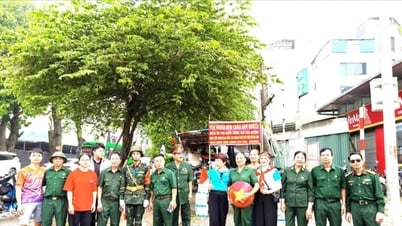



![[Photo] Celebration of the 65th Anniversary of the Establishment of Diplomatic Relations between Vietnam and Cuba](https://vphoto.vietnam.vn/thumb/402x226/vietnam/resource/IMAGE/2025/9/1/0ed159f3f19344e497ab652956b15cca)

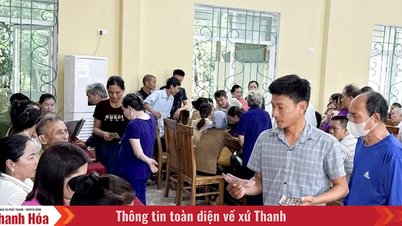



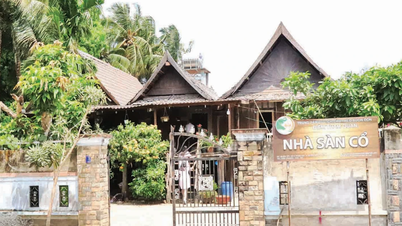
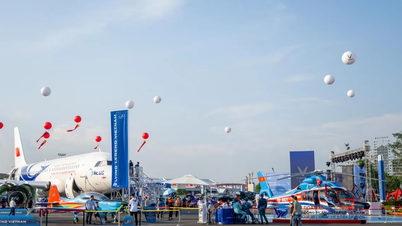




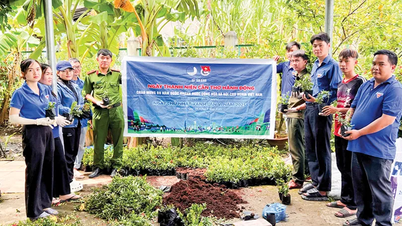





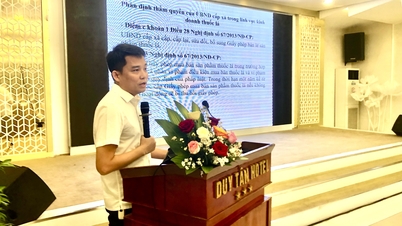








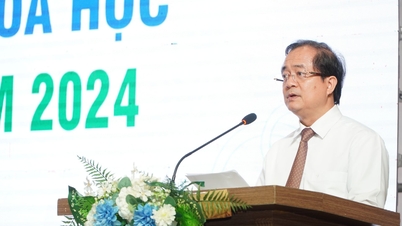


















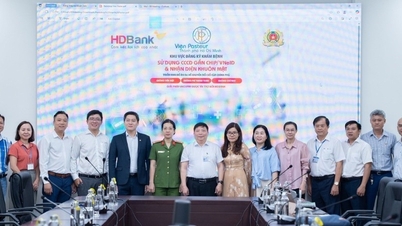

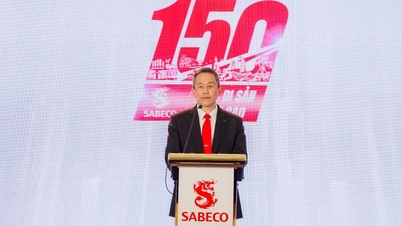

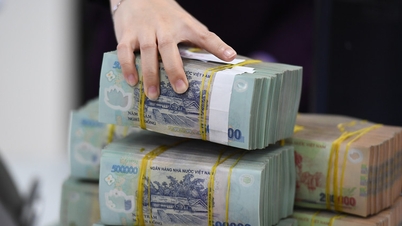











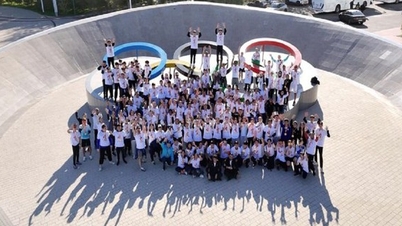

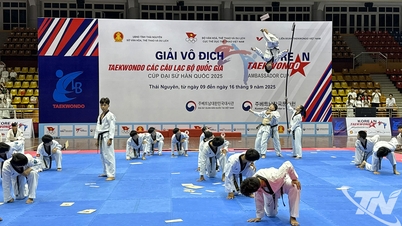





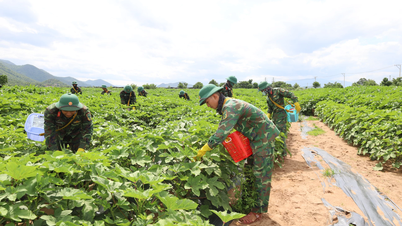
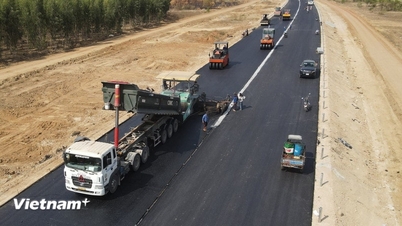




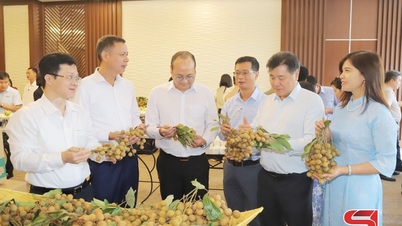







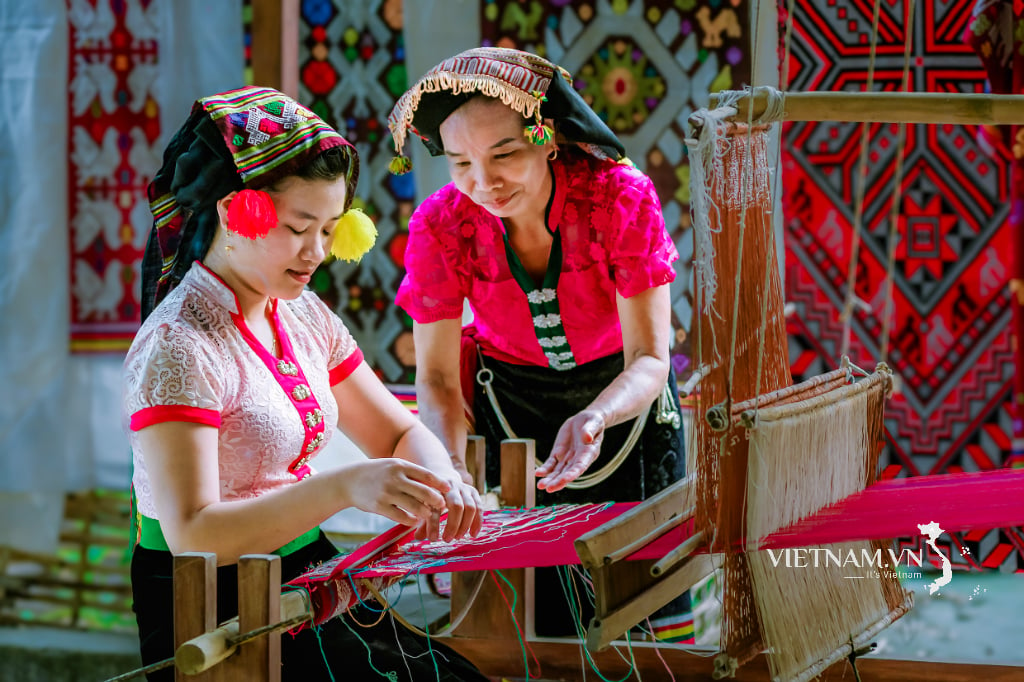
Comment (0)